Photo by: Pixabay user Free-Photos
Producing and burning fossil fuels creates air pollution that harms our health and generates toxic emissions that drive climate change.
From the electricity that lights our homes to the cars we drive to work, modern life was built on fossil fuels like coal, oil and natural gas. But burning them creates climate change and releases pollutants that lead to early death, heart attacks, respiratory disorders, stroke, asthma, and absenteeism at school and work. It has also been linked to autism spectrum disorder and Alzheimer’s disease.
Research from Harvard University, in collaboration with the University of Birmingham, the University of Leicester and University College London, found that more than 8 million people died in 2018 from fossil fuel pollution, significantly higher than previous research suggested—meaning that air pollution from burning fossil fuels like coal and diesel was responsible for about 1 in 5 deaths worldwide.
Each year, our team contributes to the Lancet Countdown on Health and Climate Change to track the impacts of climate change on human health across 44 indicators around the world. Our research analyzes the health impacts of burning fossil fuels and shows how much we have to gain by ending our reliance on them. Recent research from our Center:
- Identified at least 21 different hazardous air pollutants, as defined by the U.S. EPA, including benzene, toluene, ethylbenzene, xylene, and hexane, in consumer-grade natural gas supplied to Massachusetts.
- Created a new inventory of air pollution impacts from stationary sources over the past decade that shows the negative impacts of burning natural gas and biomass have surpassed coal generation in many states, which is a trend that may continue.
- Conducted the first study to determine that Pennsylvania’s statewide setback regulations for fracking do not prevent setback incidents, and identified the potential risks and exposures for people living near fracking or underground natural gas wells.
- Showed that more people live closer to underground gas storage wells than previously thought. An estimated 20,000 homes and 53,000 people in predominantly suburban areas of PA, OH, WV, MI, NY, and CA live within a city block of active underground natural gas storage wells.
- Developed the science-based case for why it is “appropriate and necessary” for EPA to regulate mercury emissions from the power sector; and why the health benefits of regulation and remaining risks from mercury pollution in the U.S. should be assessed.

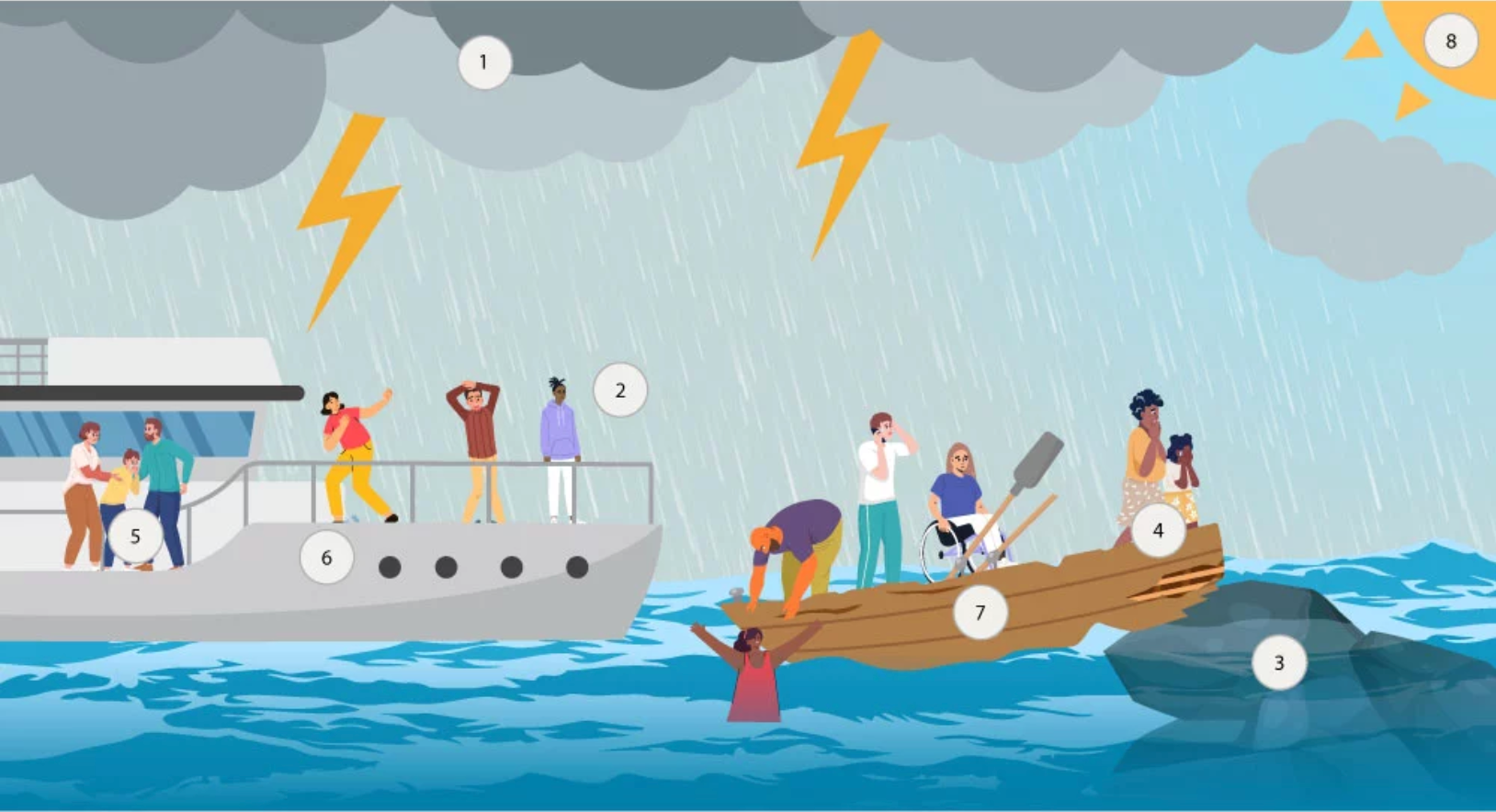
The 2022 Lancet Countdown on Health and Climate Change: Policy Brief for the U.S.
Climate change puts everyone at risk, but policy decisions and industry actions make some communities more vulnerable to the harms of climate change.

Home is Where the Pipeline Ends
Our study is the first to test for health-damaging air pollutants in unburned natural gas where it is used: in our homes.
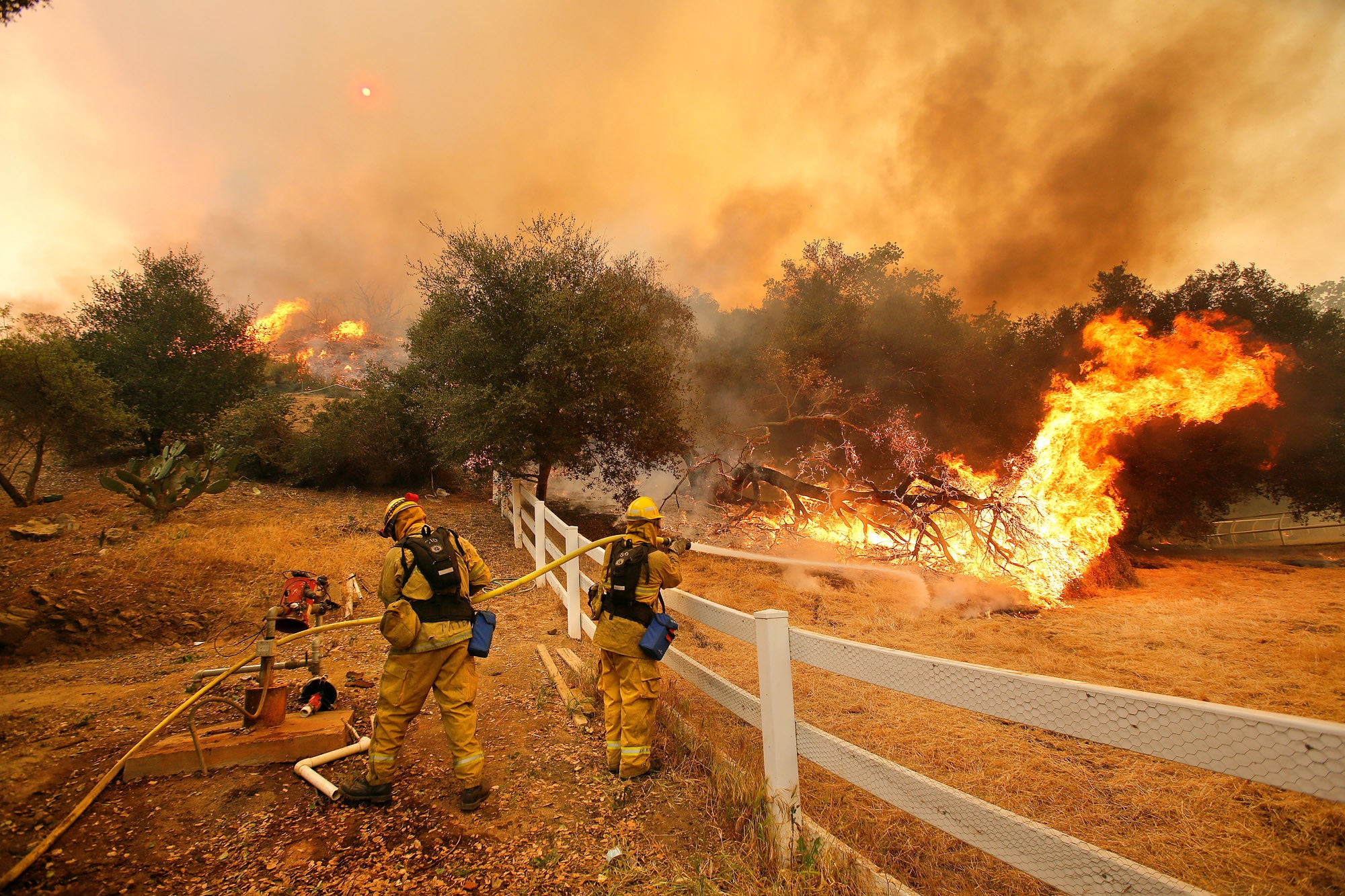
2021 Lancet Countdown on Health and Climate Change: U.S. Policy Report
Our response to climate change must prioritize and optimize health and equity. We can improve health through climate actions that reduce our use of fossil fuels.
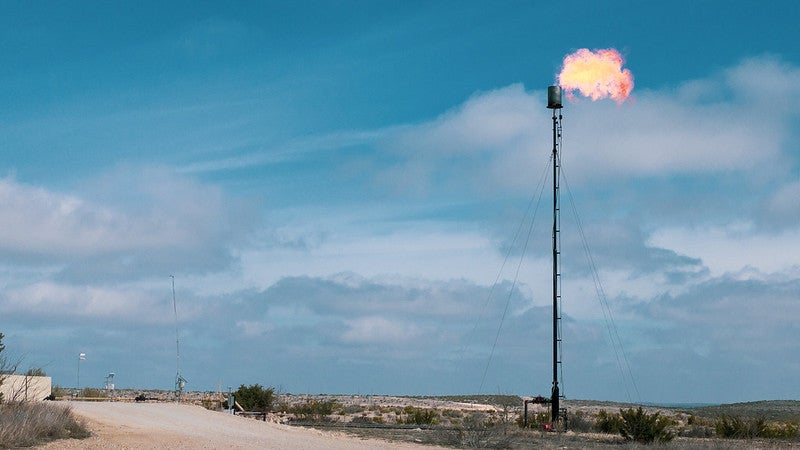
Methane Reductions in the Oil and Gas Sector can Protect Public Health
A literature review examines the last ten years of research on methane and health-damaging air pollutant emissions from the oil and gas industry.
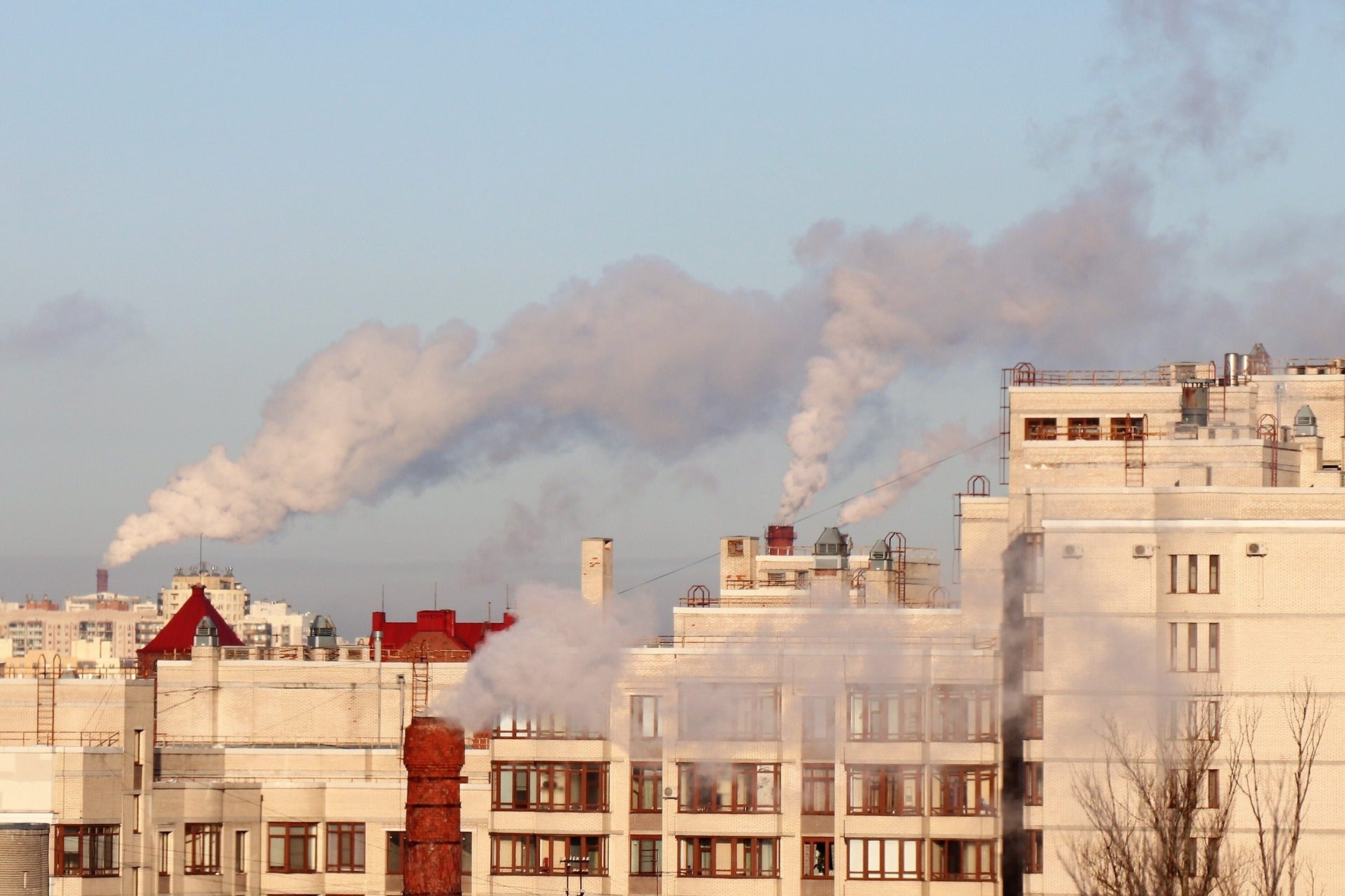
Negative impacts of burning natural gas and biomass have surpassed coal generation in many states
A new inventory of air pollution impacts from stationary sources over the past decade shows this trend may continue.
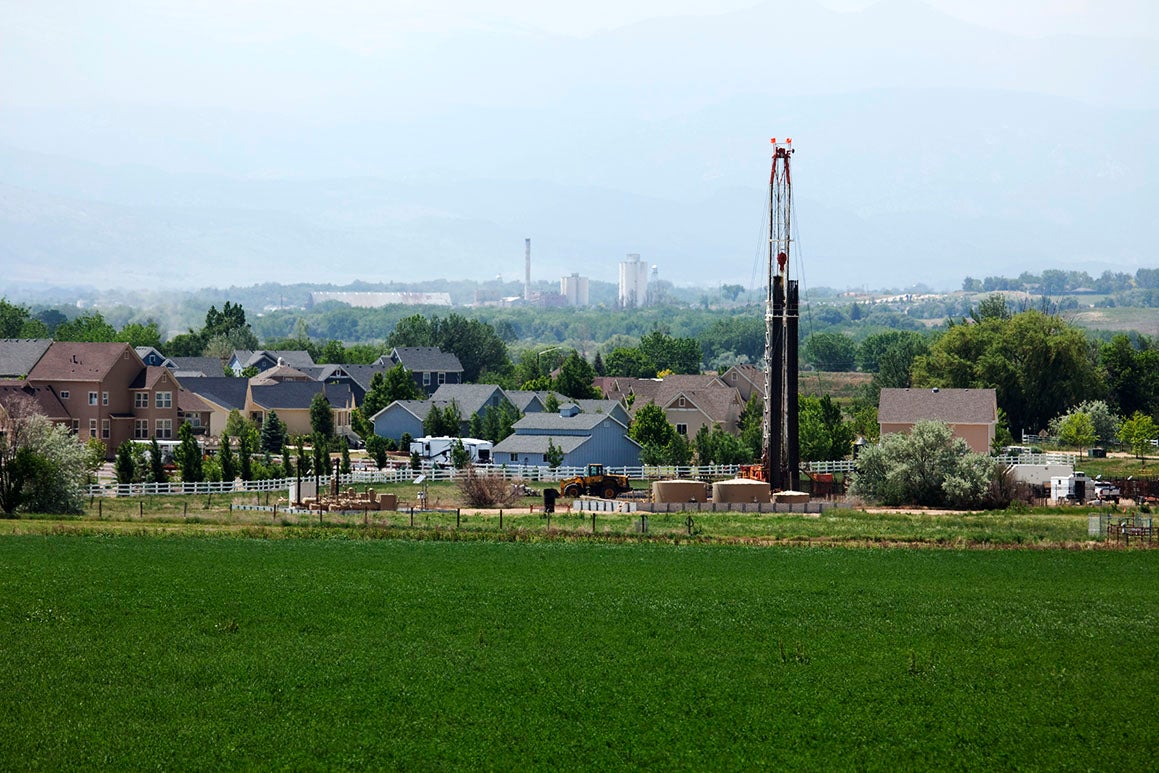
Pennsylvania setback regulations for fracking do not prevent setback incidents
The first study to look at the effectiveness of PA's statewide setback regulations and identify the potential risks and exposures for people living near fracking or UNG wells.
Pollution from fossil fuel combustion deadlier than previously thought
Fine particulate pollution from fossil fuel combustion was responsible for one in five early deaths worldwide in 2018, with vulnerable groups at greatest risk.

Fossil fuel air pollution responsible for 1 in 5 deaths worldwide
New research finds that deaths from fossil fuel emissions are higher than previously thought—more than 8 million people per year, worldwide.

'We Don't Have To Live This Way': Doctors Call For Climate Action
A sprawling analysis published by The Lancet focuses on public health data from 2019, and finds that heat waves, air pollution and extreme weather increasingly damage human health.
Pollution from fossil fuel combustion deadlier than previously thought
Fine particulate pollution from fossil fuel combustion was responsible for one in five early deaths worldwide in 2018, with vulnerable groups at greatest risk.

Episode 71: Are Fossil Fuels Really Dying: How Are We Replacing Them? (Environmental & Health Impacts)
Our Research Scientist Jonathan Buonocore unpacks the fossil fuel industry, the alternative options, and the big question: are they really dying out?
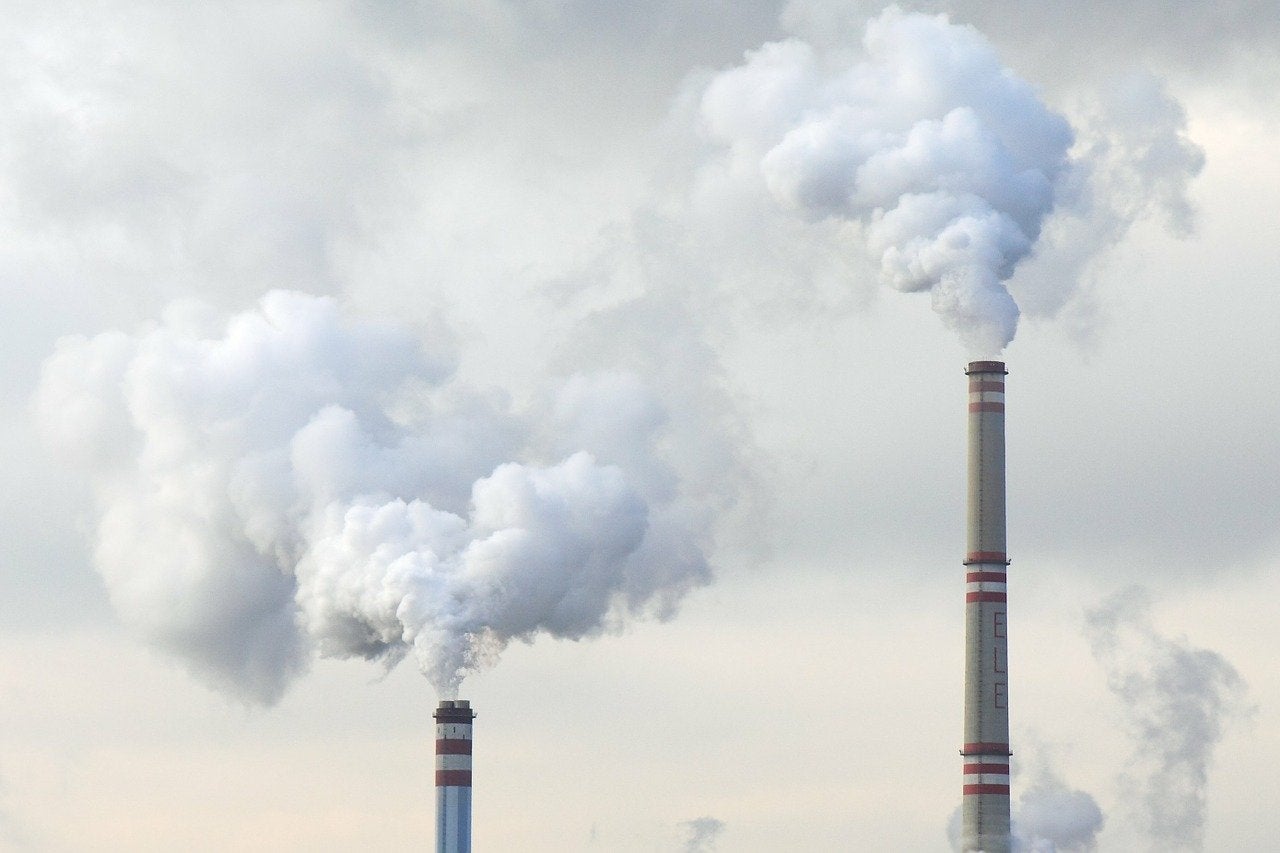
Fossil Fuel Pollution Kills 8.7 Million a Year, Twice Previous Estimate
Our Director Dr. Aaron Bernstein underscores that fossil fuels are killing millions of people right now.
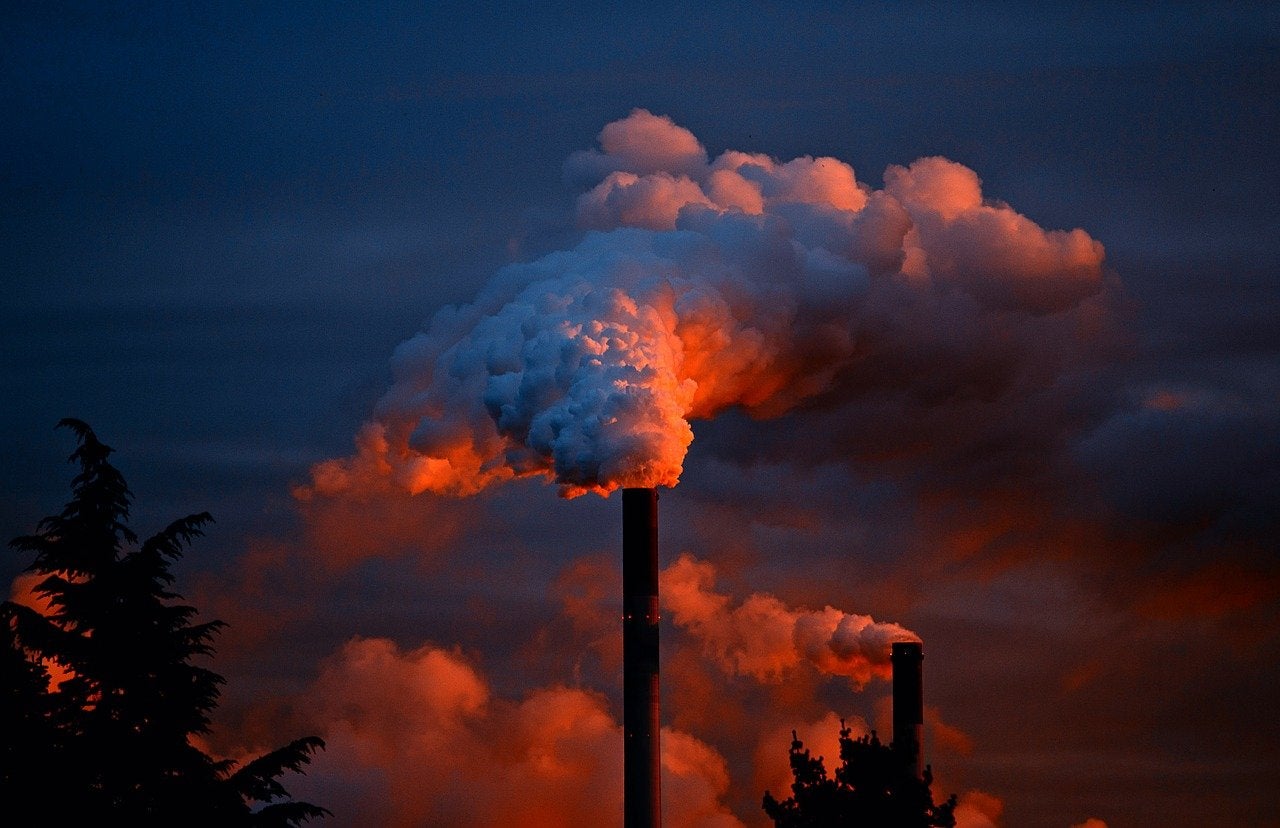
Study: Fossil fuel air pollution linked to 1 in 5 deaths worldwide
“The big takeaway message here is that we have far more to gain from our health than we just realized yesterday from getting off fossil fuels,” —our Director Dr. Aaron Bernstein
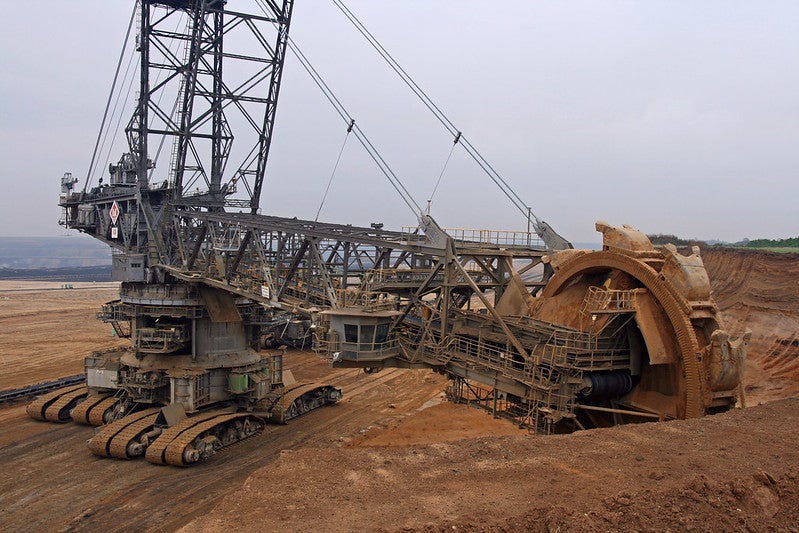
As world sours on coal, top producer Indonesia tries to sweeten it at home
Our Research Scientist Jonathan Buonocore comments on Indonesia's coal gasification project, saying it would be very difficult to have zero climate impact.

New pediatrician network puts spotlight on climate change’s effects on children
As the effects of climate change play out worldwide, pediatricians see the evidence in their offices.

The World's First Death Attributed to Air Pollution Could Spark the Change We Need
A young girl in the UK is the first person in the world to have a death certificate that lists air pollution as a cause of death. Our Director Dr. Aaron Bernstein comments on the impact of burning fossil fuels on child health.
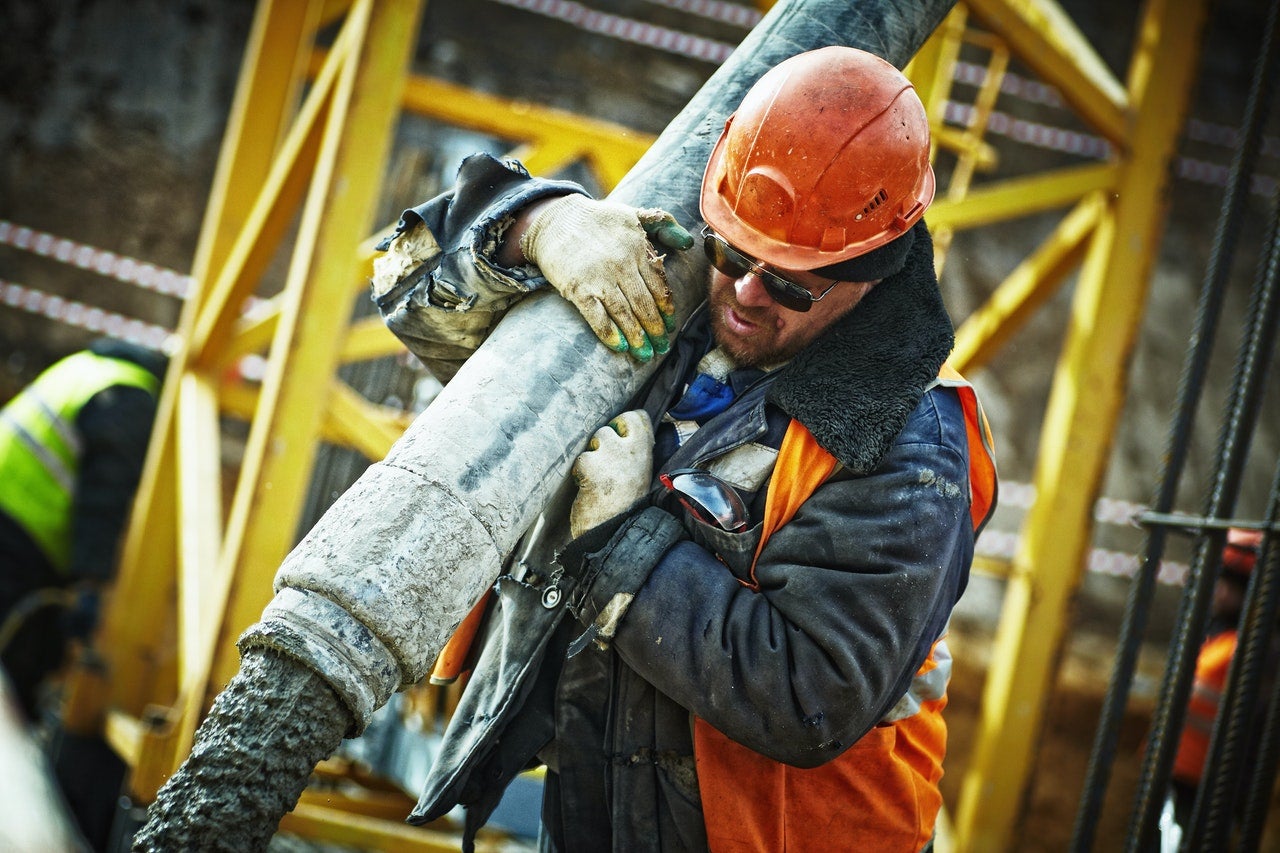
Working to Death
Our Interim Director Dr. Bernstein interviews about how climate change impacts worker health.
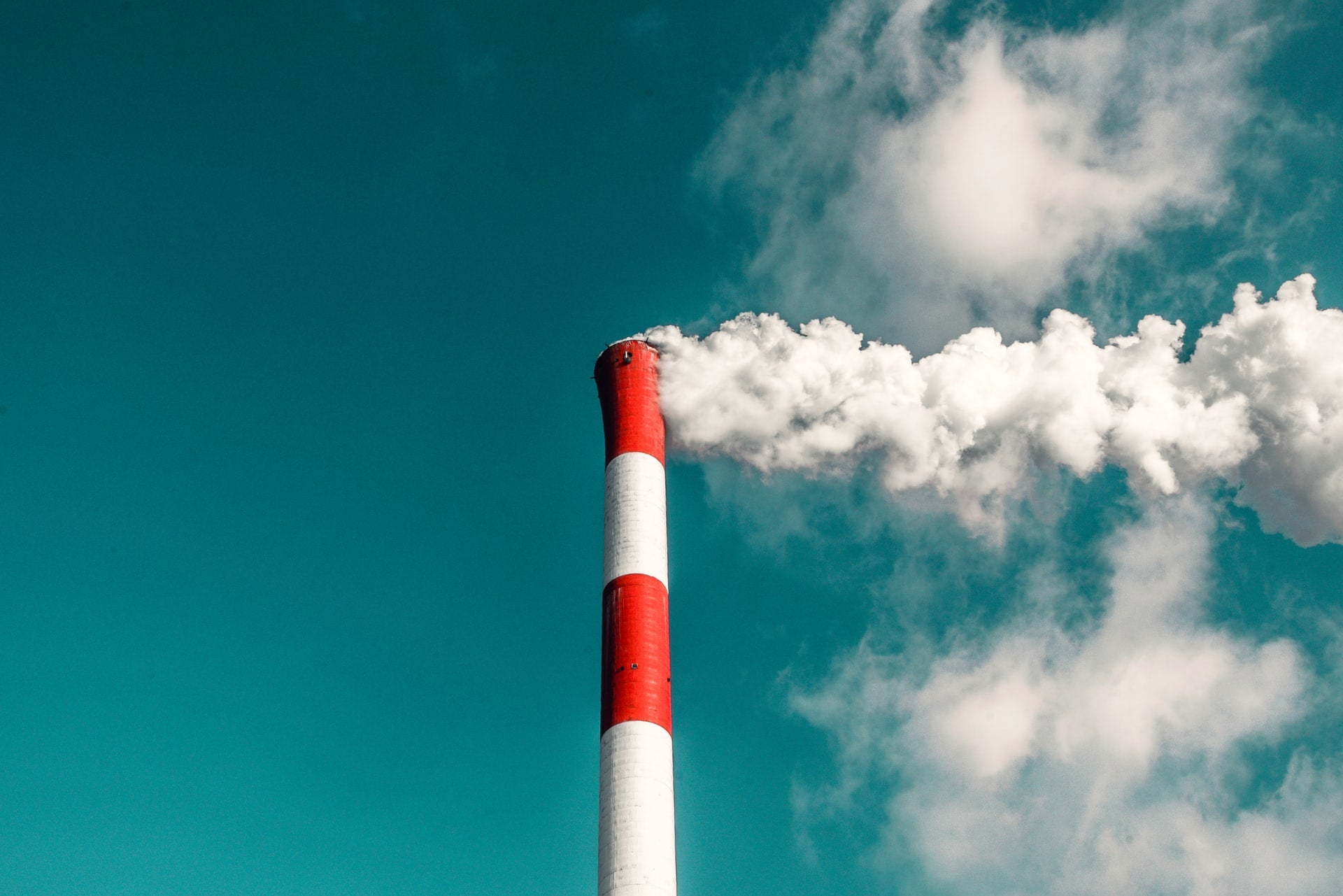
Cracking down on soot pollution could save thousands of lives—but the EPA won’t do it
There’s overwhelming evidence that air pollution is a serious public health problem, says our Research Scientist Jonathan Buonocore.
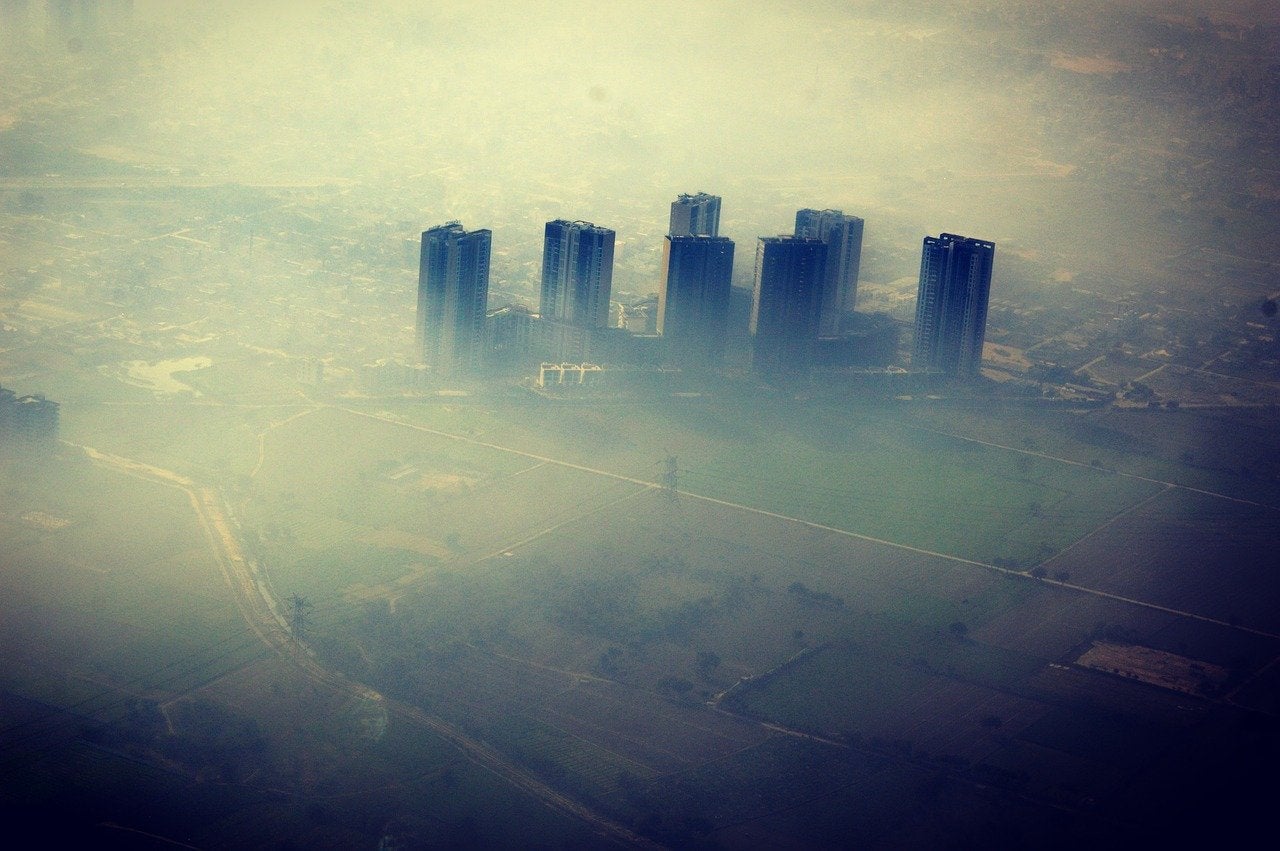
Study: Air quality warnings reduce mortality rates
A new study by our Research Scientist Jonathan Buonocore analyzes how air quality warnings can benefit health.
